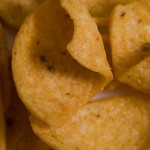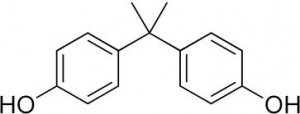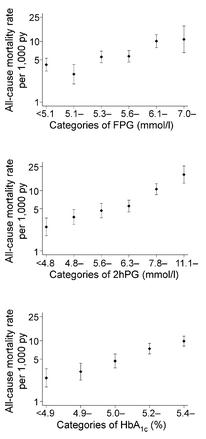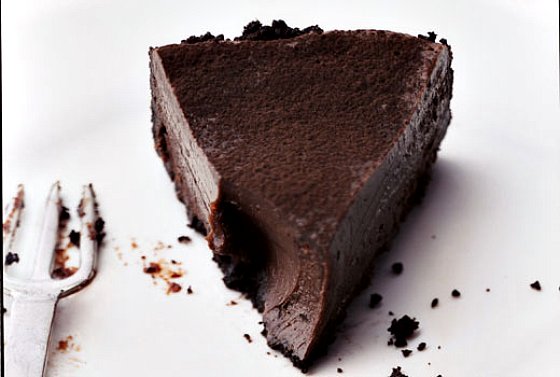Utterly. Shocked. is how I feel gazing upon the ingredients listed on one particular popular snack food. And it isn’t one of those fancy gourmet all-natural whole food snacks, it is a classic that is probably in the kitchen of every child-wielding household.
Corn, corn oil, and salt. And salt doesn’t even count, so it might just as well have said corn and corn oil, which could be summarized as “corn.” Ladies and gentlemen, I present to you, the reigning champion of snack food sorcery, the red-headed stepchild (no offense) of international superpower PepsiCo… Fritos. Using only corn, the wizards of Frito-Lay are turning this:
 into this:
into this:
and that’s without the use of trans fat, gluten, artificial additives, dairy, msg, onions, or soy. They’re Kosher too.









